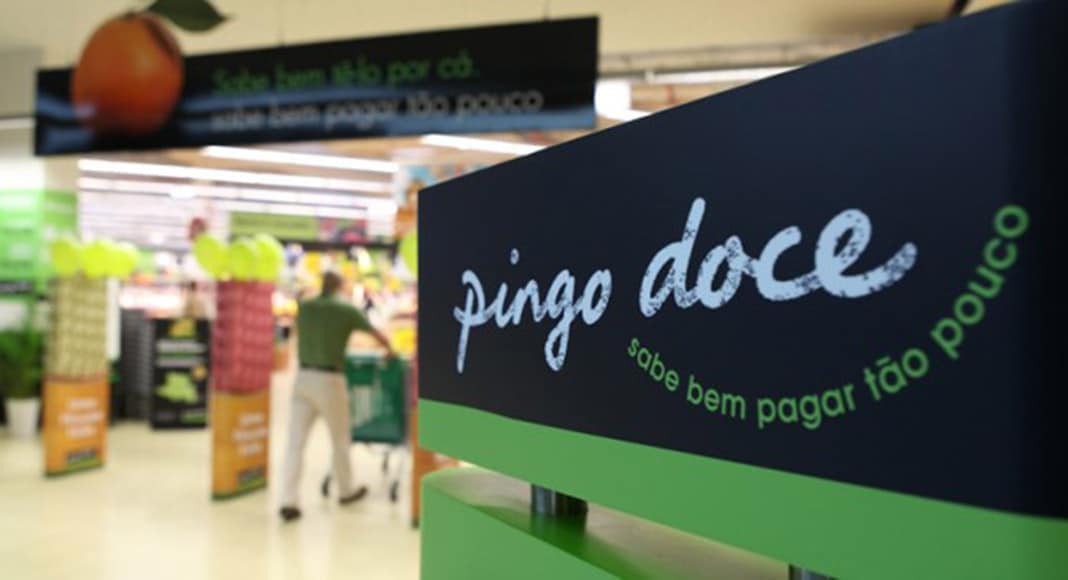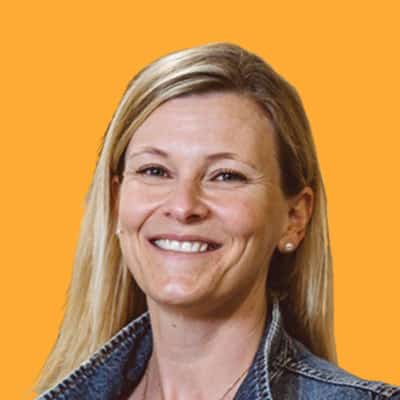According to Pedro Soares dos Santos, in the future, Portuguese supermarkets will be “much more focused on offering ready-made solutions”.
The chairman of Jerónimo Martins, which owns Portugal’s Pingo Doce supermarkets, said in an interview with Lusa that distribution in Portugal will be “totally focused on catering” in 10 years and that the group will grow in agri-food, a “new business arm”.
Asked how he sees the distribution business in 10 years, Pedro Soares dos Santos says that, in Portugal, it will be “totally focused on catering”. In other words, “much more focused on offering ready-made solutions for people to eat”.
And, of course, it will still have a part “in ingredients”, selling to those who “enjoy cooking”, he adds.
“But a significant portion of its business and profit will be generated through catering,” he continued, noting that Jerónimo Martins will “always adjust to the needs of each country”.
“I don’t see [this trend] in Colombia, but I do see it in Portugal,” said Pedro Soares dos Santos, who says he sees the group “growing a lot” in agri-food and “making this a new business arm and, perhaps, in some food industry”.
Jerónimo Martins’ roadmap for expansion
Jerónimo Martins operates in Portugal, Poland, and Colombia, and plans to expand into Slovakia in November.
As for Portugal, he says that it remains the company’s focus. “It’s our ‘Motherland’, and nobody forgets the ‘Motherland’,” says Pedro Soares dos Santos.
Regarding the possibility of Colombia, the market he entered in March 2013, becoming an operational centre for the group in Latin America, Pedro Soares dos Santos noted that the aim at the moment is to develop the business in that market.
“Let’s not forget that we’re talking about 50 million people, so firstly, we need Colombia to have a very robust business environment, like we already do, not like Poland, but strong. Only after achieving profitability should we consider other aspects,” he explains.
He continues, “All this always takes time,” adding, “When your steps are too big for your legs, you fall.” That’s not going to happen here.

In the meantime, he says that the company will “experiment with Slovakia”, as this is the first time Biedronka will expand its brand. Therefore, he emphasizes the need to “learn the lessons” and assess the impact of this expansion on the business in Poland. Only then can the company consider other ambitions, he acknowledges.
The group had shown interest in entering Romania, but right now the main focus is on Slovakia.
“First, we’ll make sure that what we’re going to do in Slovakia works,” Pedro Soares dos Santos told Lusa.
The manager emphasises that the group was “fortunate that Poland went very well” and that they became “a big, successful company”.
“If we had only stayed in Portugal, we wouldn’t be where we are today, nor would we be talking in the same way,” he emphasises.
Focusing on the economy of the sea
With regards to Portugal, the chairman of Jerónimo Martins argues that the country “should focus on the economy of the sea and strive to become a leader in this area”, especially considering Portugal’s extensive coastline.
“We have more sea than Spain and France,” he asks, so why don’t we look at “the future economy of the sea”? In fact, he adds that everyone is “disputing the sea” as the great future investment, challenging the country to become “leaders in this”.
“Let’s look at it as a pillar of the future of our development because we’re in the middle, between the East and the USA. We could do a lot for the economy of the sea, and we could become a unique country in this area too,” he insists, giving the example of what Jerónimo Martins has done. “More than ten years ago”, the group realised that “fish from the sea was a problem”, so “we started aquaculture, which is where “the future lies”.
He says the bet is “going well” because it’s about aquaculture on the high seas.
“Aquaculture has always been done in bays on land. So, we’re going to explore aquaculture on the open sea and how we can breed fish that people still consider to be from the sea and of good quality,” he says.
“This is a field of study that is learned at universities and through research, involving an entire society. We have put a lot of effort and investment into it”, he added, criticising the government for not addressing this issue and emphasized that more aggressive policies should have been implemented.
He laments policies that don’t involve money, instead of “more aggressive policies for those who want to invest through licenses, training, and investment in universities, to conduct research and be better prepared, but none of this is being done.”
Jerónimo Martins has aquaculture farms in Madeira, the Algarve, and Morocco, where it produces sea bass, sea bream, and groupers, among other species.
The salmon pilot project it had in Aveiro failed, and the group now has a stake in a company in Norway that produces 100% sustainable salmon.
Lusa


























